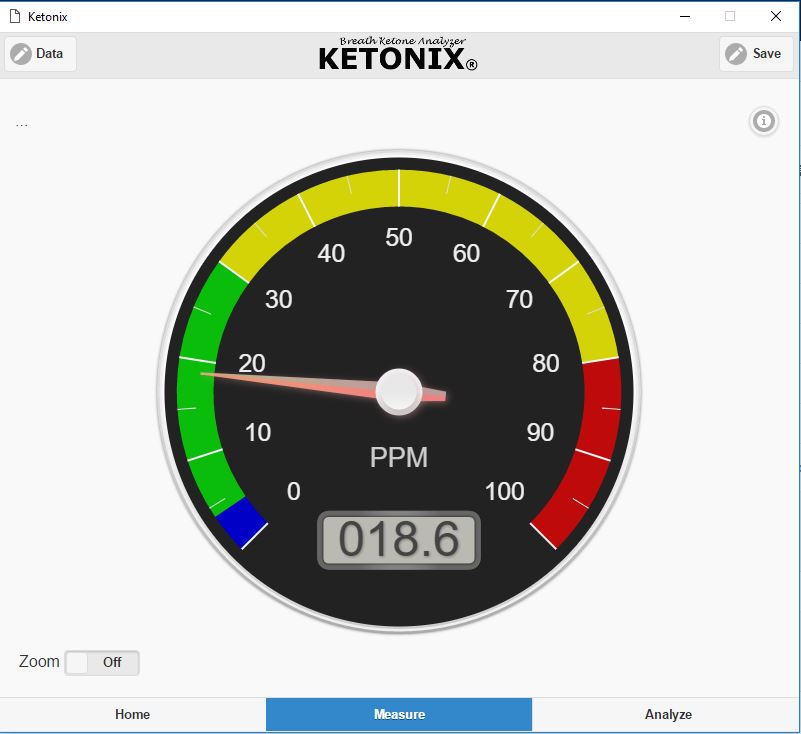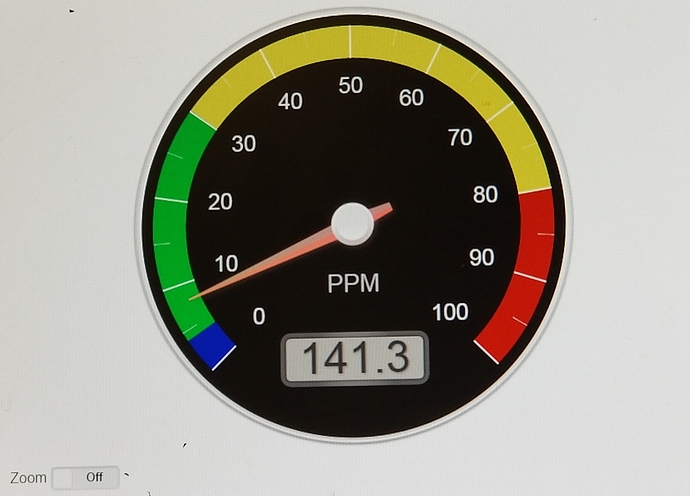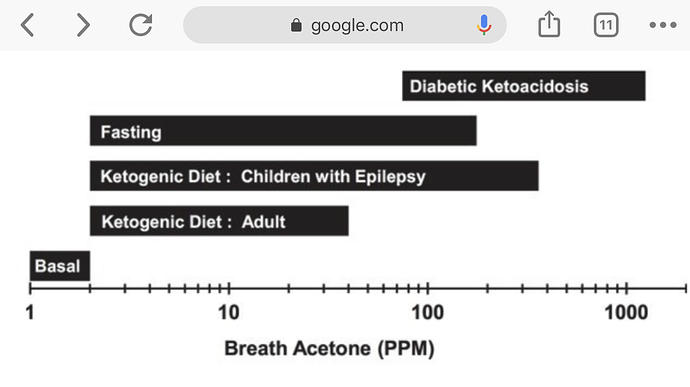Hi everyone
I’ve just joined up after becoming obsessed with listening to 2ketodudes podcasts over the past week. 2 years ago I began intermittent fasting 16/8 and then 2 months ago I moved to OMAD eating mostly paleo. 4 days ago I decided to go keto. All of this has been mainly for the neuroprotective benefits and I’m keen to overcome my anxiety. And on the side, I wouldn’t mind losing a few cms.
So, today my Ketogenix breath analyser arrived. I just used it at 5.30pm after about a 22 hour fast my measurement was 62.5. I am not sure how to analyse this result. I am far from calorie restricting - eating until I’m just over-full. I cut huge slices of butter and then smother it in peanut butter to begin and then for dinner I eat eggs and bacon or equivalent. And I don’t stop until I’m really full.
So, do you think 62.5 is an ok measurement for my lifestyle? Or is it too high?
Thanks in advance



